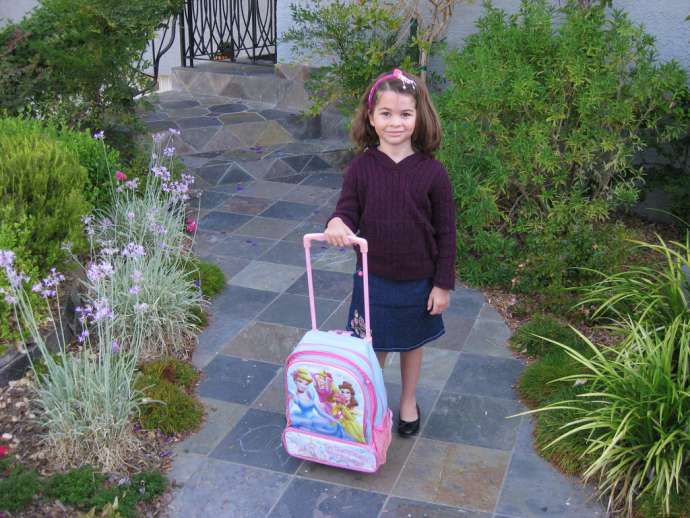STA, 11 February 2019 - More than 21,000 people have signed a petition urging reform of the Slovenian education system to make it more children friendly. However, two former ministers warn that rash and radical changes may backfire.
The petition has been launched by a parents' association called the Parent Council, whose chairman Nataša Šram says that "generations before us have been warning something is amiss with our education system".
The initiative calls for reducing the volume of syllabus and homework, for more descriptive grading, and for transforming the school-leaving exams into entrance examinations for secondary schools and colleges.
The parents propose reducing the syllabus by getting rid of useless content in the curricula, and cutting down on homework by giving the teacher more scope for revision at school.
"The petition was drawn up because we realised that as parents we cannot do much through parent councils [at schools] and because the petition is the only way to impact the education system's regulation," Šram told the STA.
She would not single out any of the 14 changes proposed in the petition, also because many are interlinked so several should be implemented at once.
Parents complain about pupils’ workloads, class sizes and grades
She believes that the changes affecting the scope of the syllabuses and homework and those concerning grading could be carried out quite fast. One of the demands is reducing the size of class to 24 children.
Anton Meden, the chairman of the Parent Council Association, an association bringing together parent councils at Slovenian primary schools, would like a sober debate based on arguments.
"It's hard to say whether the students are over- or under-burdened, but fact is they have many more subjects and more grading than in comparable European countries, in particular in final years of primary school.
Related: Primary, Secondary and Tertiary Education in Slovenia
"As far as homework is concerned, there are no objective data as to whether there's too much, but we have reports from parents that its volume has been increasing in recent years," Meden told the STA.
He has compared primary school syllabuses with those for the same subject at secondary school and at the university, "finding that they are taught a lot of complexity in primary school".
He said that parents were also reporting that increasingly complex content was being moved down to ever younger children and students.
However, Meden also says that before any changes are made analysis should be conducted and then changes made only based on the findings.
More data needed before action is taken
"Our association wrote down our observations (some of them similar to those in the petition) last spring before the general election, but we didn't offer ready-made solutions because we believe we need hard data first and then a thorough rethink before we take measures."
Similarly, two former education ministers, Slavko Gaber and Maja Makovec Brenčič, warn against too fast or too radical change.
"The worst thing that can happen to the schools system is an ad hoc approach," Gaber told the STA on the sidelines of a debate on private schools hosted by President Borut Pahor last week.
Gaber, who served several terms as education minister in 1992-1999 and 2002-2004, does not support proposals such as reintroducing entrance examinations or scrapping national school leaving exams.
He also has misgivings about any "disburdening" of primary or secondary school students. "Our school is comparable to schools elsewhere around the globe, even to the best ones," he said.
He believes that investing time and money pays off, adding that Slovenia "can also have a system that won't demand almost anything, if that's what we want, but the outcome will be such as well".
The debate will continue…
Makovec Brenčič, the education minister between 2015 and 2018, says that any change should be taken step by step and based on a consideration as to what it is that you want to give to the students.
She is a supporter of the national school exams, and introducing such exams, currently held in the 6th and 9th year of primary school, for year 3 children to check on how their learning is upgraded throughout school.
In response Šram says that it is not radical changes that their petition calls for and that the parents would be happy if at least something changed, such as halving the number of grades.
The petitioners have been invited to discuss the issues and proposals they have highlighted with Education Minister Jernej Pikalo at a meeting on Tuesday.







